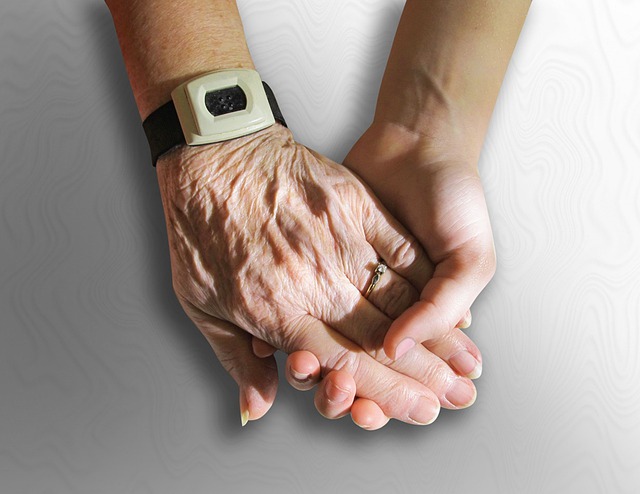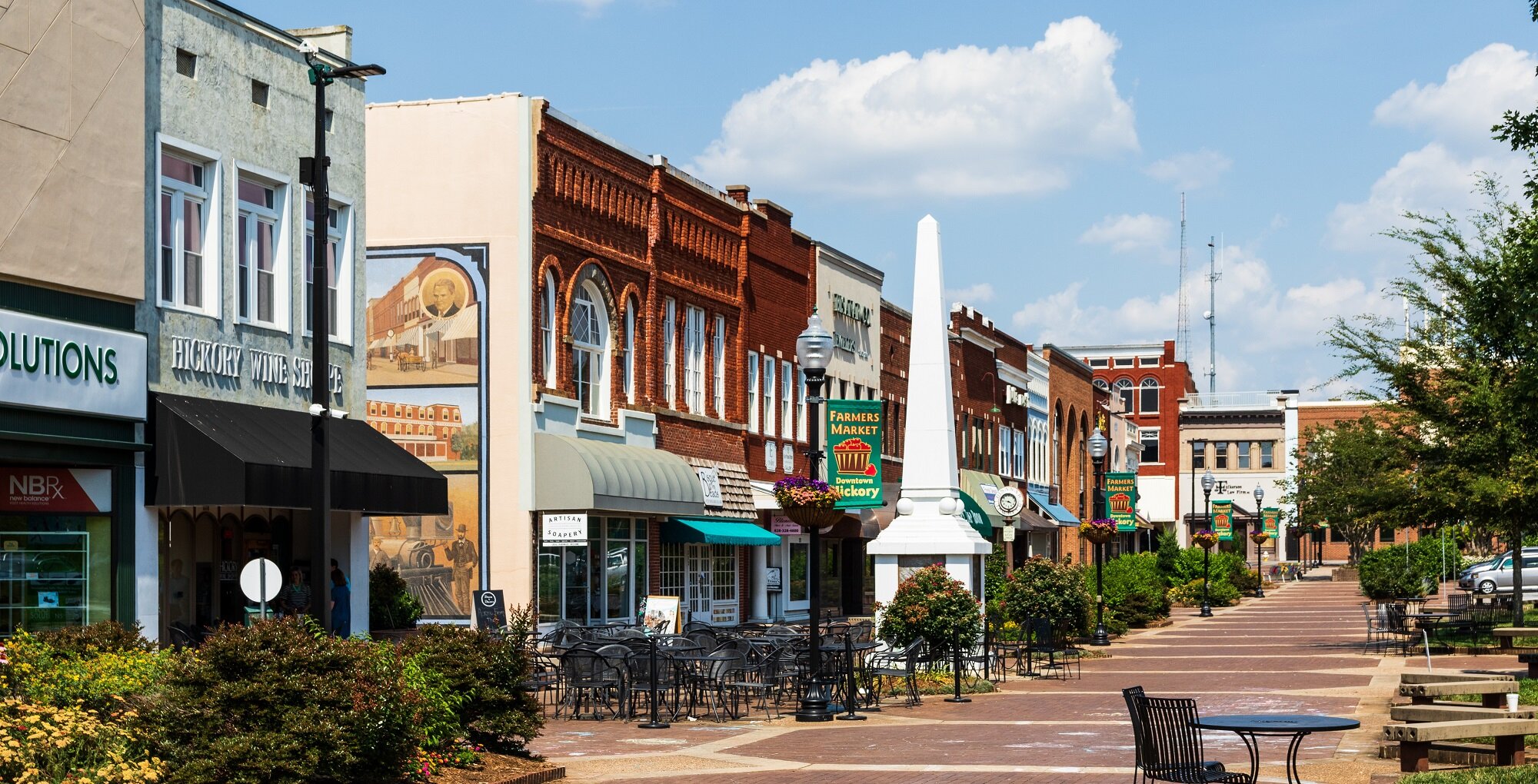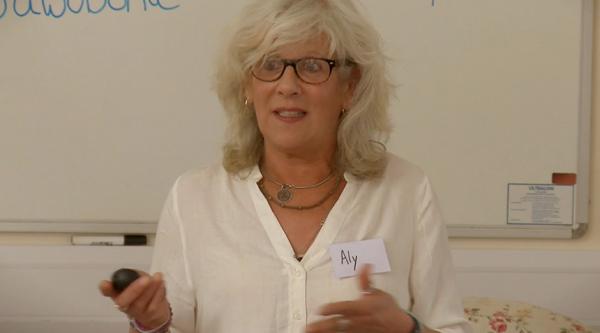
There are many options to help your aging parents. There are several options for care, including adult day programs (nursing homes), in-home, home and hospice. We will be discussing the differences between each of these options in this article. Your budget, family situation, and preference for care will all play a role in your decision. However, no matter your decision, you will receive the best care for your loved ones.
In-home care
In-home elderly care can be expensive. You may be eligible for benefits like Veteran Administration, Medicaid, or health insurance to cover the cost. Private citizens can also contribute. Fundraisers are another way to raise the money needed. It is important to compare in-home care with nursing home care. Before choosing a service, you should compare their costs.
You must first assess your elderly loved ones' care needs before choosing an in home care provider. It is important to determine whether your loved one requires skilled or non-skilled care. An elderly care agency can provide a free assessment in your home. This is a great way to see how much care is required, and what services can be provided.

Nursing homes
It is important to be aware of what to look out for when you are considering nursing home care for your loved ones. First, make sure that the facility meets all safety and regulatory requirements. This includes a sprinkler system and fire-resistant doors. It should also include policies for personal property storage, and procedures in case there are medical emergencies. It is important that you understand the fees and wait period of any nursing home. The fee structure should clearly indicate the levels of service provided and if additional services are offered.
The Home Care Assistance Program is another option for people who require assistance with daily activities but don't want the hassle of going into a nursing home. A HCAP does not offer 24-hour nursing, but it does offer room and board, as well as medical care and case management. This option is often covered by Medicaid, Supplemental Security Income, and home relief programs.
Adult day programs
Adult day programs for the elderly offer a range of services for seniors who need supervision, assistance, and socialization. Many of these programs also offer cognitive stimulation and memory training. They are a great way to give caregivers a break from the caregiving responsibilities and can delay placement into a nursing house. Most centers offer seven- to ten-hour days, while some provide evening and weekend hours. Some also offer meals and transportation.
Adult day care centers are professionally-trained, community-based programs that focus on enriching the lives of older adults. Their activities provide a social atmosphere for the participants and help caregivers recharge after a long day. The adult day care facility staff is comprised of professionals in health care. They can provide physical and occupational therapy for the older people as well as support with their health. Caretakers should check with their doctor before enrolling loved ones in adult daycare facilities.

Hospice care
While it may be difficult to ask medical professionals questions, asking questions is an essential part of hospice care. It will ensure that senior citizens receive the best possible care at the end of their life. Ask about the number of caregivers per patient, the response time after hours, and whether the care will be continued after the person dies.
One study found that nurses who have personal experience with elderly relatives were more likely to be receptive to hospice care. Although these results are troubling, they are not unexpected. Caregivers close to the elderly may have an alternative perspective. Hospice care is more appealing to those who have experienced death. Positive attitudes were also more common among hospice trained nurses.